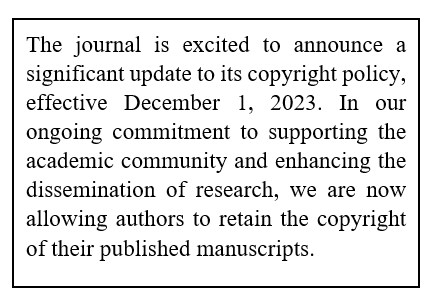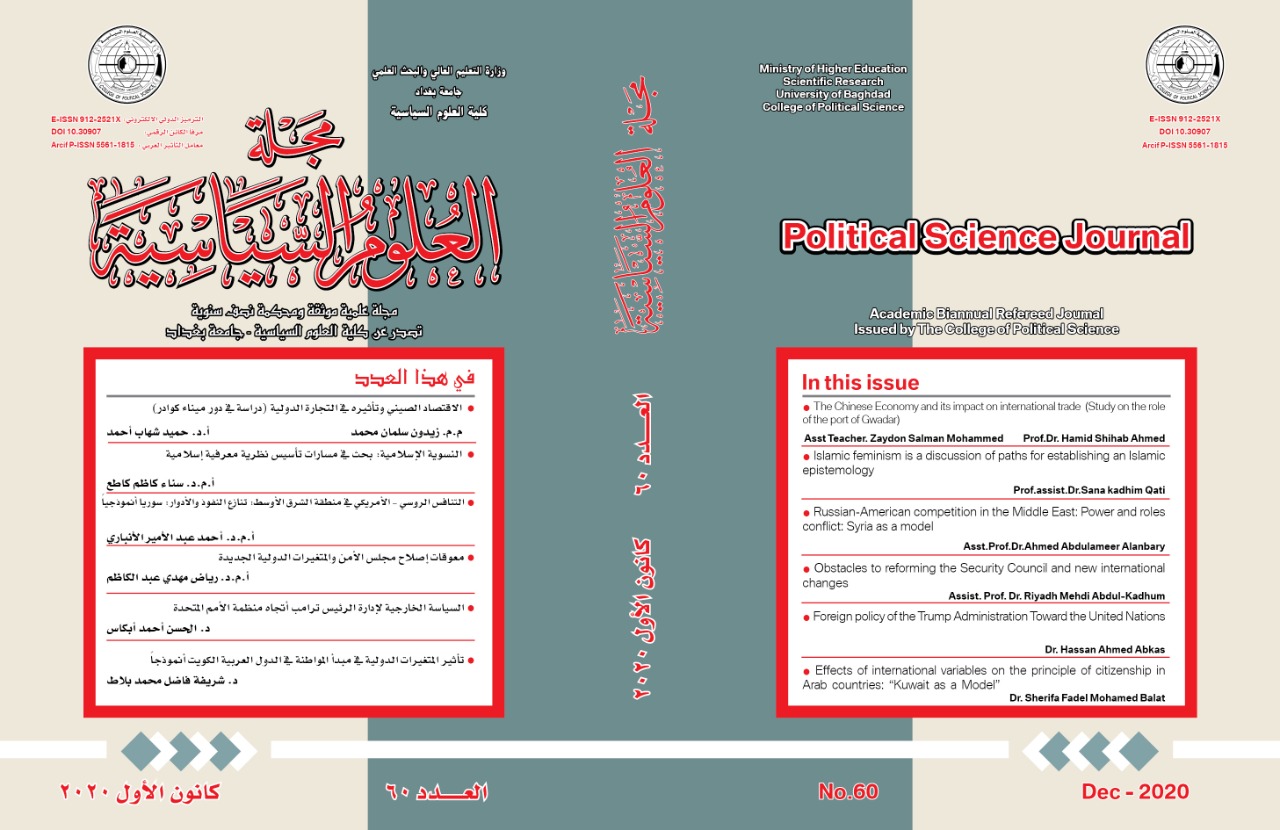نظام الكوتا النسوية بوصفه مدخلاً لبناء المجتمع العادل : دراسة في تمكين المرأة الكوردستانية
DOI:
https://doi.org/10.30907/jj.v0i55.518Abstract
It could be said that the essence of the “quota” is the state’s intervene as external power in bringing positive change for the benefit of the disadvantaged women and cultural minorities, and from the perspective that compensatory justice requires dealing differently with the different parties culturally and economically for the benefit of those deprived of them. Practicing of quotas merely, does not mean the full achievement of equality between cultural and sexual components in general, but it’s a big leap towards achieving this crucial goal, since the latter necessarily requires a range of legal and non-legal mechanisms aimed at empowering women and expanding their capabilities as a whole. On the other hand, in the absence of a written Kurdistan constitution, a package of legal reforms must be implemented in a series of relevant laws and regulations simultaneously, in order to accomplish the main goal which is women's political empowerment in the light of a governing idea that collect between two interrelated aspects: The first is eradicating various legal obstacles related to women's political participation. The second is embodying in combination of taking sanctions against parties that do not adopt quota or adopting it at low rates. At the same time, offering incentives to parties that adopt women quota which exceed the minimum legal quota as well as adopted programs that support women's participation.






 ©️ 2023 The Author(s). Published by College of Political Science, University of Baghdad. This is an Open Access article distributed under the terms of the
©️ 2023 The Author(s). Published by College of Political Science, University of Baghdad. This is an Open Access article distributed under the terms of the 












